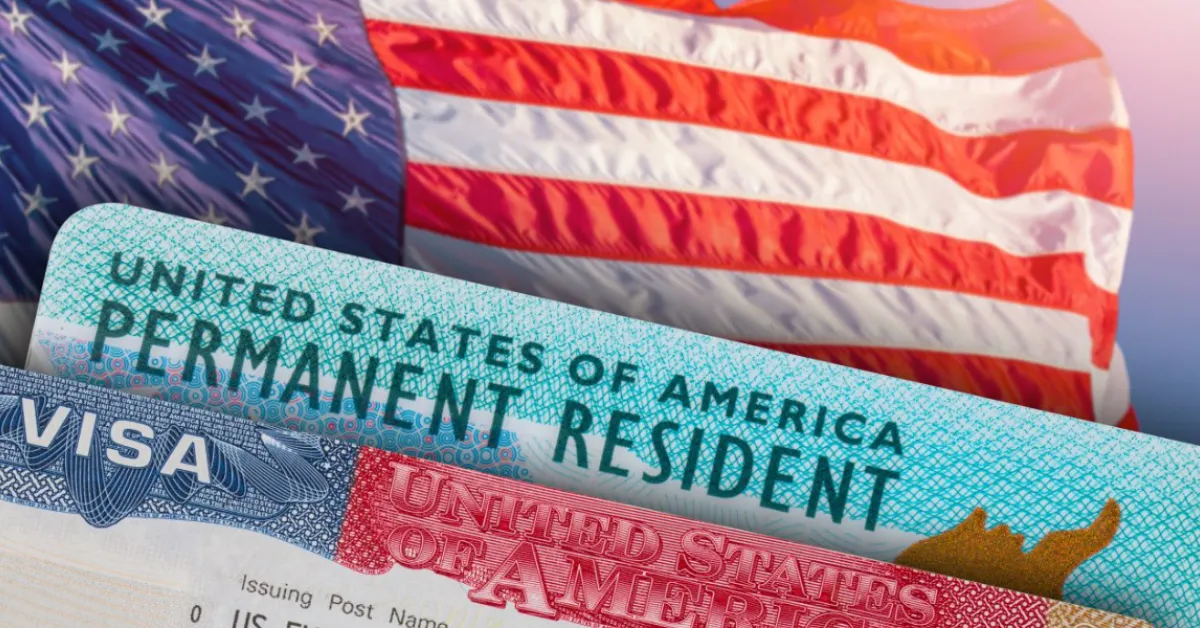Green Card Holders May Lose Re-entry Privileges After One Year Outside the US

Lawful permanent residents of the United States are facing closer inspection when re-entering the country.
Reports of entry denials and claims of residency abandonment are becoming more frequent under tighter immigration enforcement. Although a green card allows an individual to live and work in the United States indefinitely, it does not guarantee unrestricted travel.
Federal rules state that any absence of one year or more makes the card invalid for re-entry unless the holder has obtained a re-entry permit beforehand. Even shorter absences may raise concerns if there are signs the person has established residence outside the country.
Immigration lawyers and advocacy groups have reported an increase in cases where returning green card holders are questioned about extended stays abroad. In some instances, individuals have been referred to immigration judges to decide whether their residency should be revoked.
The key issue in such cases is intent-whether the person maintained strong ties to the United States and did not settle permanently elsewhere. Green card holders planning long periods of travel are advised to apply for a re-entry permit by submitting Form I-131 to the US.
Citizenship and Immigration Services (USCIS). This permit, valid for up to two years, demonstrates the holder’s intention to keep their US residence. The application must be filed while the applicant is physically in the United States, ideally at least 60 days before departure.
After biometric data are collected, the permit can be sent to a US embassy or consulate abroad for collection. For absences of less than one year, the Permanent Resident Card (Form I-551) is usually sufficient for re-entry. However, immigration experts warn that even shorter trips may cause difficulties if the traveller appears to have moved their main home, job, or family overseas.
Dmitry Litvinov, chief executive of immigration consultancy Dreem, advises maintaining clear evidence of US residence, noting that “extended absences can raise questions at re-entry, so maintaining strong ties and presence is always advisable.”
Travel patterns can also affect eligibility for US citizenship. Applicants for naturalisation must prove five years of continuous residence in the United States before applying. Any absence of more than six months is presumed to interrupt that requirement, although applicants may submit evidence to challenge this presumption.
The increase in scrutiny reflects a broader shift in immigration policy, with enforcement now extending beyond undocumented individuals to include those with legal status. For green card holders, careful compliance with residency and travel rules is essential to protect their status and future in the United States.














Add new comment